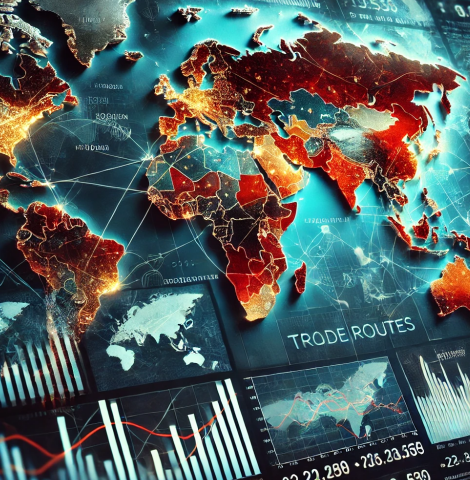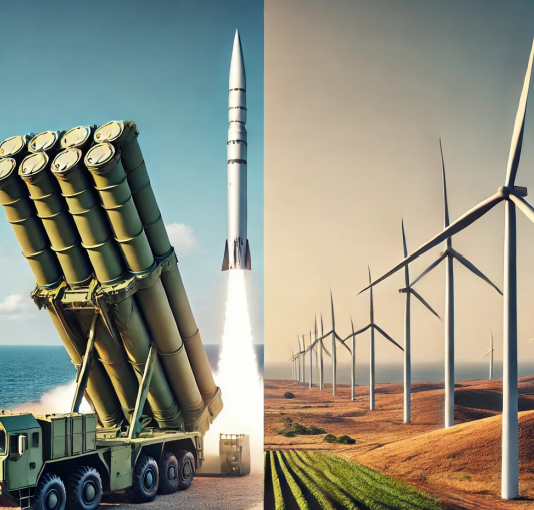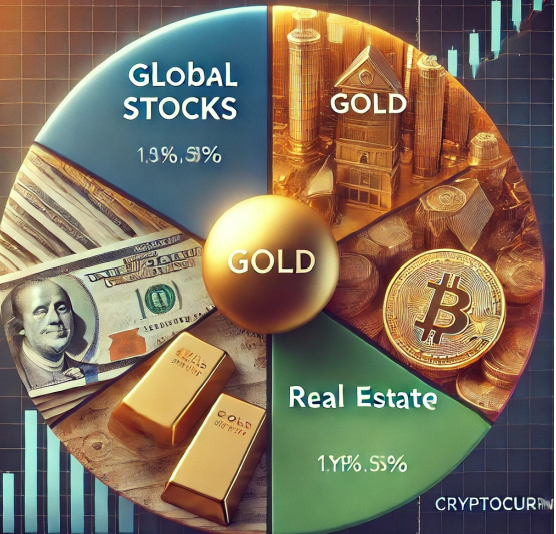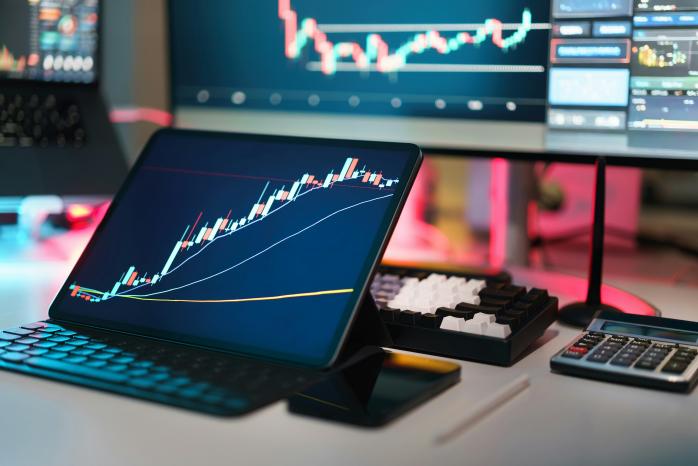The Influence of Geopolitical Events on Investment Strategies
Geopolitical events—from trade wars and sanctions to military conflicts and elections—have always played a pivotal role in shaping global markets. In 2022 alone, the Russia-Ukraine war triggered a 30% surge in energy prices, while the U.S.-China tech rivalry erased $1.5 trillion from global semiconductor stocks. For investors, understanding how these events influence markets isn’t just optional; it’s critical to safeguarding and growing wealth. This article explores how geopolitical risks reshape investment strategies, offering actionable insights for building resilient portfolios in an increasingly volatile world.

1. Understanding Geopolitical Risks: Types and Market Reactions
Geopolitical events fall into four broad categories:
- Trade Wars and Sanctions (e.g., U.S.-China tariffs, EU-Russia energy bans)
- Military Conflicts (e.g., Middle Eastern tensions, territorial disputes in the South China Sea)
- Political Elections and Regime Changes (e.g., shifts in U.S. or EU policy)
- Regulatory Shifts (e.g., antitrust crackdowns, climate legislation)
Markets react swiftly to these events. For instance, during the 2018–2019 U.S.-China trade war, the S&P 500 fell 6% in a single month, while agricultural commodities like soybeans plummeted 20%. Similarly, Brexit negotiations caused the British pound to drop 15% against the dollar in 2016.
2. Sector-Specific Impacts: Winners and Losers
Not all industries respond the same way. Geopolitical disruptions often create asymmetric opportunities:
- Defense and Energy Stocks Rise During Conflicts: Lockheed Martin’s shares surged 35% in 2022 amid increased NATO defense spending.
- Tech and Consumer Goods Suffer in Trade Wars: Apple lost $75 billion in market value when China threatened iPhone bans in 2020.
- Commodities Volatility: Nickel prices spiked 250% in 2022 after Russia (a top producer) faced sanctions.
Investors must identify sectors with “geopolitical immunity.” For example, healthcare and utilities are less sensitive to trade policies, while green energy benefits from climate-focused regulations.

3. Strategies to Mitigate Geopolitical Risk
Diversify Across Regions and Asset Classes
A 2023 BlackRock study found that portfolios with 30% international exposure outperformed domestically focused ones by 4% annually during crises. Allocate to:
- Emerging markets (e.g., India and Vietnam) as alternatives to China.
- Safe-haven assets like gold (up 18% in 2023) and Swiss francs.
- Real assets such as farmland or infrastructure ETFs.
Hedge with Derivatives and Alternatives
Options contracts can protect against sudden market drops. For example, put options on the Euro Stoxx 50 gained 200% during the 2022 energy crisis. Private equity and venture capital also offer insulation from public market swings.
Stay Agile with Active Management
Passive investing struggles during volatility. Active managers outperformed index funds by 7% in 2020–2022 by pivoting to defensive stocks and cash positions.
4. Case Study: Navigating the 2022 Energy Crisis
When Russia cut gas supplies to Europe, energy prices skyrocketed. Savvy investors capitalized on this by:
- Buying shares in U.S. LNG exporters (Cheniere Energy rose 120%).
- Shorting European industrials reliant on cheap gas (BASF fell 40%).
- Investing in nuclear and renewable energy ETFs (up 22% in 2022).
This highlights the importance of scenario analysis—anticipating secondary effects like inflation and rate hikes.

5. The Role of ESG in Geopolitical Investing
Environmental, social, and governance (ESG) factors now intersect with geopolitics. For instance:
- Sanctions on Russia forced ESG funds to divest from oil giants like Rosneft.
- Climate Policies boosted investments in battery metals (lithium demand will grow 40x by 2040).
- Supply Chain Localization favors companies with ESG-compliant factories in stable regions.
ESG-aligned firms also face lower regulatory risks. Microsoft, for example, avoided EU fines by proactively adopting carbon-neutral cloud policies.
6. Future Trends: AI and Predictive Analytics
Artificial intelligence is revolutionizing geopolitical risk assessment. Tools like Bloomberg’s GPS (Geopolitical Pricing System) analyze news sentiment, satellite imagery, and shipping data to predict disruptions. In 2023, AI models flagged Taiwan Strait tensions six months before mainstream media, allowing investors to reduce exposure to Taiwanese semiconductors.
Conclusion
Geopolitical events are unavoidable, but their impact on portfolios isn’t predetermined. By diversifying globally, hedging strategically, and leveraging data-driven insights, investors can turn volatility into opportunity. As the world grows more interconnected, the ability to anticipate and adapt to geopolitical shifts will separate the resilient from the vulnerable. Stay informed, stay agile—and let geopolitical intelligence guide your next move.
(Writer:Matti)





